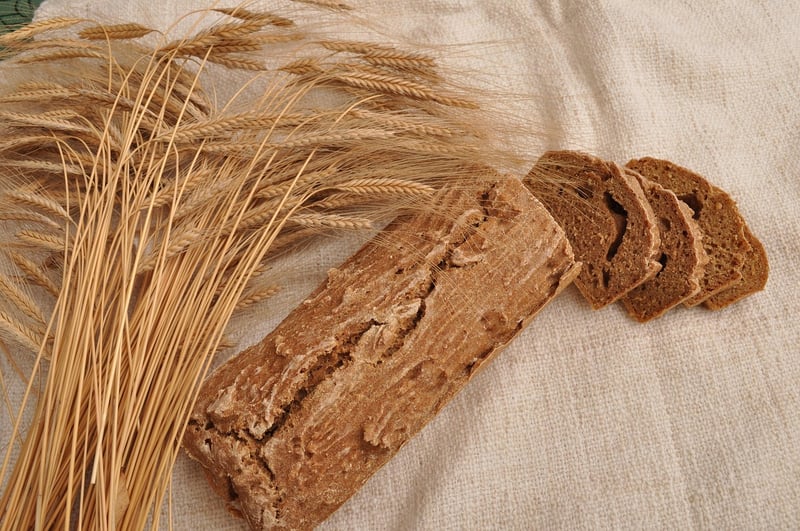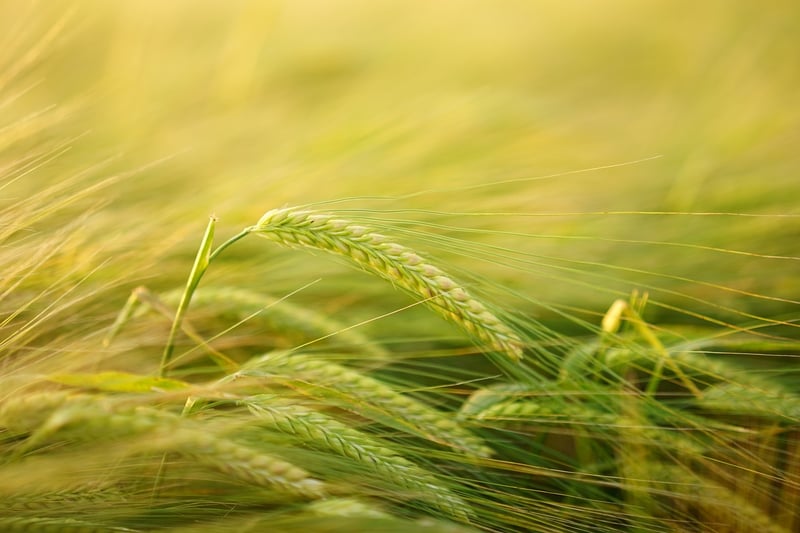Sustainable Crop Cultivation
The Future of Agriculture: Innovative and Sustainable Crop Cultivation

In recent years, the agricultural industry has seen a shift towards innovative and sustainable crop cultivation practices. Farmers and researchers are continuously exploring new methods to improve crop yields, reduce environmental impact, and ensure long-term food security.
Benefits of Sustainable Crop Cultivation:
- Preserves soil quality and fertility
- Reduces water usage through efficient irrigation techniques
- Minimizes the need for synthetic pesticides and fertilizers
- Promotes biodiversity and supports ecosystem health
- Helps mitigate climate change by sequestering carbon in the soil
Innovative Technologies in Crop Growing:
Advancements in technology have revolutionized the way crops are grown. From precision agriculture to vertical farming, these innovations are reshaping the future of farming:
1. Precision Agriculture:
Precision agriculture utilizes GPS, sensors, and data analytics to optimize field-level management with tailored crop treatments. This targeted approach increases efficiency and reduces waste.
2. Vertical Farming:
Vertical farming involves growing crops in vertically stacked layers, often in controlled environments like warehouses or shipping containers. This method requires less space, conserves water, and allows for year-round production.
3. Aquaponics:
Aquaponics combines aquaculture (fish farming) with hydroponics (soilless plant cultivation). This symbiotic system recycles water and nutrients between fish and plants, creating a sustainable and resource-efficient farming method.

The Role of Innovation in Sustainable Agriculture:
By integrating innovative technologies and sustainable practices, farmers can enhance productivity while minimizing environmental impact. Collaboration between researchers, policymakers, and farmers is crucial to driving the adoption of these advancements and ensuring a more sustainable future for agriculture.
Embracing innovation in crop growing not only benefits farmers and consumers but also contributes to building a more resilient and environmentally friendly food system for generations to come.
Join the movement towards innovative and sustainable crop cultivation today!
